Nigeria's Hidden ₦130 Billion Fintech Goldmine: Why Your Next Billion Users Aren't Where You Think
Nigeria’s fintech success story is impressive—but incomplete. While the country ranks 6th globally in real-time payments volume with 7.9 billion transactions, a massive opportunity lies hidden in plain sight: 53.8 million payment-excluded adults representing an estimated ₦130 billion in untapped value.
The Paradox of Nigerian Fintech
Nigeria leads Africa in fintech innovation with over 250 active companies and $1 billion in investment between 2019-2023. Yet despite this digital payments boom, 29 million Nigerian adults remain completely excluded from formal financial services.
Here’s the striking reality: while urban markets approach saturation, vast untapped markets exist in:
- Northern Nigeria: Only 37% use digital financial services
- Rural areas: $24-36 billion in annual informal financial flows
- Women: 59% formal inclusion rate vs. national average
- Youth and business owners: Significantly underserved despite being economically active
Why This Matters for Your Growth Strategy
Inclusion isn’t CSR—it’s your competitive advantage. As one industry leader put it: “Inclusion is Scale and Scale is Power.”
The numbers tell the story:
- Fast-mover advantage: First movers in excluded segments build stickier customer relationships
- Risk mitigation: Broader customer bases provide stability
- Ecosystem strengthening: Inclusion improves agent networks and wallet liquidity
- Massive scale potential: Real-time payments projected to reach 50% of all transactions within five years
The Real Barriers (And How Leaders Are Solving Them)
- Cost Structure Mismatch
Problem: Services priced for urban elites hurt low-income users Solution: Leverage shared payment rails and tiered pricing models
- Infrastructure Gaps
Problem: Northern Nigeria faces connectivity challenges Solutions:
- USSD-first design for core services
- Telco infrastructure partnerships
- Zero-rating for key app functions
- User Experience Complexity
Problem: Platforms assume digital literacy Solutions:
- Offline-first channel design
- Local language interfaces
- Community-based onboarding
- Trust Deficit
Problem: ₦17.7 billion lost to fraud, ₦1.3 trillion in failed transactions Solutions: Robust dispute resolution and fraud prevention mechanisms
The Winning Playbook: 5 Strategic Moves
- Partner with Local Networks
Collaborate with cooperatives, mobile money agents, and MFBs using shared commission models and agent financing.
- Design for USSD First
Ensure core services (onboarding, transfers, balance checks) work seamlessly on USSD/SMS before building smartphone experiences.
- Bundle with Daily Use Cases
Embed financial services into agricultural value chains, informal trade, and marketplace platforms where users already transact.
- Decentralize Operations
Use zonal hubs and field teams with community ties to build trust and provide localized support.
- Leverage National Payment Infrastructure
Build on Nigeria’s interoperable payment stack to reduce costs and friction across all channels.
The Path Forward: Beyond Features to Inclusion
Urban digital finance saturation is approaching. The question isn’t whether to expand into underserved segments—it’s how quickly you can execute while maintaining quality and trust.
Success requires:
- Interoperable solutions that work across banks, wallets, and telcos
- Risk-sharing partnerships with donors and DFIs
- Inclusive product design considering gender, language, and literacy
- Strengthened consumer protection to build lasting trust
Your Next Move
The fintech companies capturing Nigeria’s next wave of growth won’t be those adding more features to existing products—they’ll be those solving for the last-mile, not just the last-click.
The ₦130 billion opportunity is real. The infrastructure exists. The regulatory environment is supportive. The question is: will you be among the fast-movers capturing this market, or watching from the sidelines?
Ready to dive deeper into Nigeria’s financial inclusion opportunity? Download the complete report “Beyond the Next Billion: Unlocking Growth by Closing Nigeria’s Inclusion Gap” for detailed market insights, implementation frameworks, and partnership strategies that leading fintechs are using to scale inclusively.
This analysis is based on EFInA’s 2023 Access to Financial Services Survey and industry data from NIBSS, ACI Worldwide, and other leading sources. EFInA serves as Nigeria’s financial inclusion catalyst, providing data insights and technical assistance to drive inclusive digital finance solutions.



